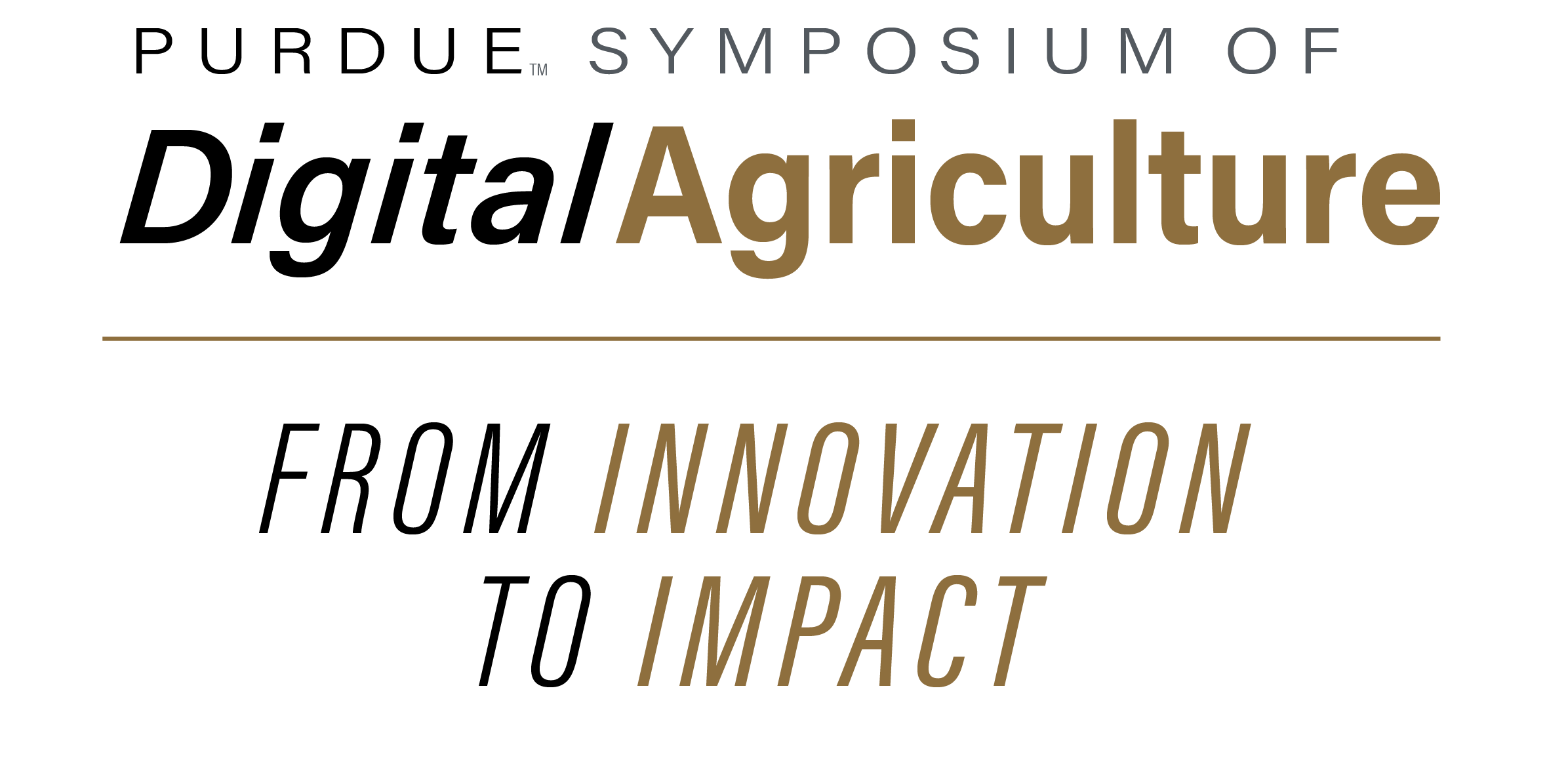AGRO, DATA AND THE ENVIRONMENT
Loading...
Abstract
Agriculture, once seen as a low-status job involving simple tools like cutlasses, has transformed drastically due to technological innovation and data science. Previously viewed as a laborious and low-prestige occupation, especially in many African countries, farming now incorporates advanced technologies and data analytics. Today, youths and professionals proudly identify as agricultural experts, agro-data analysts, and agricultural engineers, reflecting the sector’s evolution into a high-tech, knowledge-driven field.
This research examines how smart technologies and data analytics can advance sustainable waste management and environmental protection in agriculture. As climate change and population growth strain food systems, innovations such as precision farming, remote sensing, smart irrigation, and vertical farming enhance resource efficiency, optimize land use, and reduce environmental degradation. Data-driven approaches further enable predictive management from monitoring waste streams to optimizing inputs, thereby promoting climate-smart agriculture. Overall, this study highlights the pivotal role of digital agriculture in fostering environmental sustainability and shaping a smarter, greener future for food systems, both in Africa and in the world at large.
Keywords
Digital agriculture, Sustainability, Technological transformation, Vertical farming, Agro-innovation, Environmental protection
DOI
10.5703/1288284318178
Poster
AGRO, DATA AND THE ENVIRONMENT
Agriculture, once seen as a low-status job involving simple tools like cutlasses, has transformed drastically due to technological innovation and data science. Previously viewed as a laborious and low-prestige occupation, especially in many African countries, farming now incorporates advanced technologies and data analytics. Today, youths and professionals proudly identify as agricultural experts, agro-data analysts, and agricultural engineers, reflecting the sector’s evolution into a high-tech, knowledge-driven field.
This research examines how smart technologies and data analytics can advance sustainable waste management and environmental protection in agriculture. As climate change and population growth strain food systems, innovations such as precision farming, remote sensing, smart irrigation, and vertical farming enhance resource efficiency, optimize land use, and reduce environmental degradation. Data-driven approaches further enable predictive management from monitoring waste streams to optimizing inputs, thereby promoting climate-smart agriculture. Overall, this study highlights the pivotal role of digital agriculture in fostering environmental sustainability and shaping a smarter, greener future for food systems, both in Africa and in the world at large.


